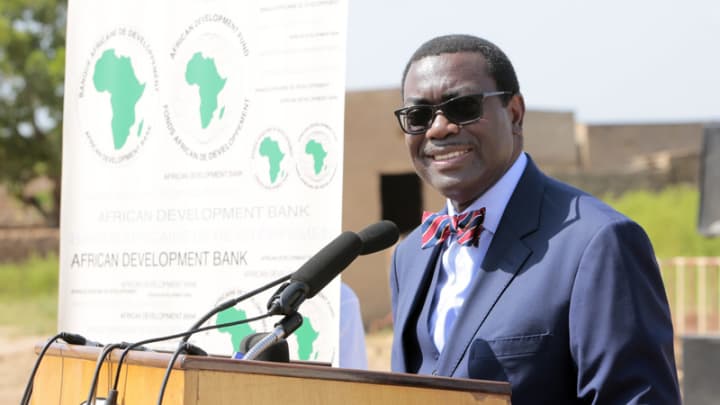African countries are expected to spend around $74 billion on debt service in 2024, the Macroeconomic Performance and Outlook 2024 by the African Development (AfDB) Bank has revealed.
This would be up from $17 billion in 2010.
According to the AfDB, some $40 billion, or 54.0% of total debt service is owed to private creditors.
“Except in Chad, the Democratic Republic of Congo, Gambia, and Mauritania, debt service costs in African countries was higher in 2020–22 than in 2015–19. Debt service payments have risen substantially in tandem with the growing share of debt owed to private creditors".
Debt restructuring negotiations with private creditors failing to reach agreement
This it said is a cause for concern because current debt restructuring negotiations are failing to reach agreement with private creditors.
Presently, Ghana is negotiating a debt restructuring terms with its private creditors. The country is proposing about 40% haircut of up to $13 billion.
The report pointed out that debt service costs have risen, narrowing the scope for government spending and increasing debt vulnerabilities.
“External debt service payments as a proportion of government revenue are higher than before the COVID-19 pandemic in many countries”, it added.
Yields remain high
“Despite the decline in sovereign spreads in many countries, the yields remain higher than pre-crisis levels”, it continued.
For non-distressed countries, the average yield on outstanding Eurobonds has been more than 12% since Russia’s invasion of Ukraine in 2022, compared with 7.0% before the Covid-19 pandemic.
For distressed countries, the yield on outstanding Eurobonds has more than doubled from the pre-crisis level. For instance in Ghana, the yield on outstanding Eurobonds was 21.7% in October 2023 compared with 9.0% before the pandemic.
External debt as a percentage of government revenue for 50 countries with data rose from 6.8% over 2015–19 to 10.6% over 2020–22.
The report continued that resources channeled to debt service have narrowed fiscal space, further constraining government capacity to invest in growth-promoting sectors and human capital development — especially education and health, two areas where average public spending on the continent is below that for comparator regions.
Latest Stories
-
Where hope fails: Ghana’s decaying home for the destitute
8 mins -
NDC Mining Committee for 2024 campaign refutes allegations of recruiting thugs for elections
18 mins -
Traction Control: A lifesaver with an off switch? Here’s why it exists
21 mins -
I don’t need anyman to woo me with money – Miss Malaika 2024 winner refutes pimping claims
28 mins -
”Kurt Okraku sabotaged my national team career because I refused to sign with Dreams FC” – Najeeb Yakubu
29 mins -
Businesses urged to leverage Generative AI for enhanced customer engagement
33 mins -
MultiChoice Ghana partners with Ghana Hotels Association to elevate guest entertainment
41 mins -
Bawumia’s music streaming app or Mahama’s pay-per-view TV channel?
46 mins -
Karpowership Ghana empowers 40 Takoradi Technical University students with scholarship
48 mins -
We expect significant reduction in prices of petroleum products in coming weeks – CEO AOMC
1 hour -
Betway Africa offers once-in-a-lifetime ‘Play-on-the-Pitch’ experience at Emirates Stadium
1 hour -
I coined the term ‘hype man’ in Ghana – Merqury Quaye
1 hour -
Vasseur questions ‘strange momentum’ of Formula One race director change
2 hours -
“I am disappointed in Kojo Manuel” – Merqury Quaye on “no tie” comment
2 hours -
Nana Kwame Bediako; The beacon of unity
2 hours

